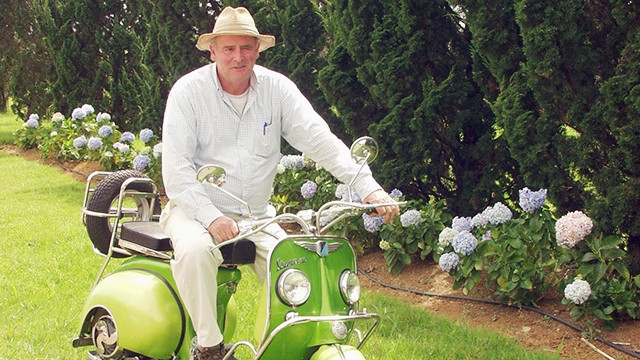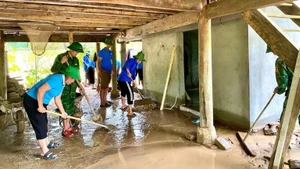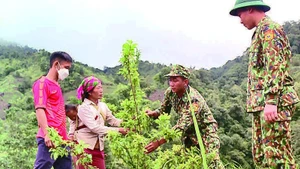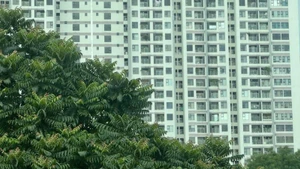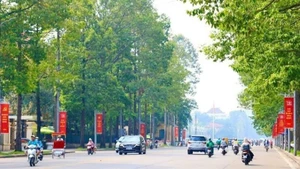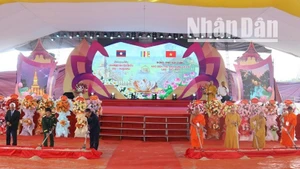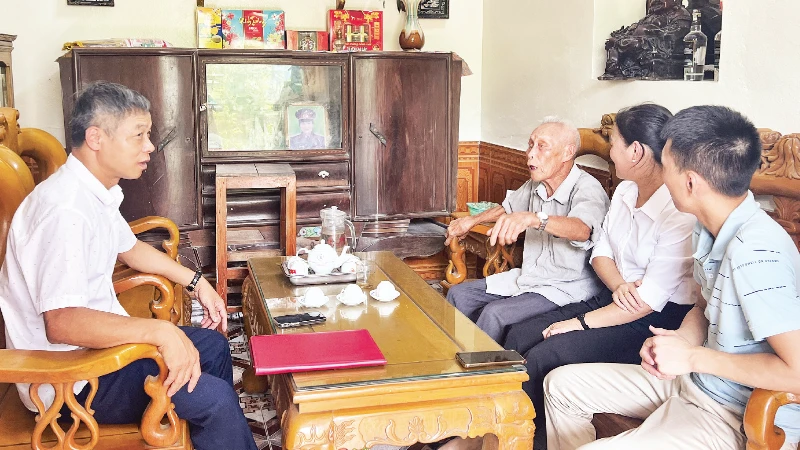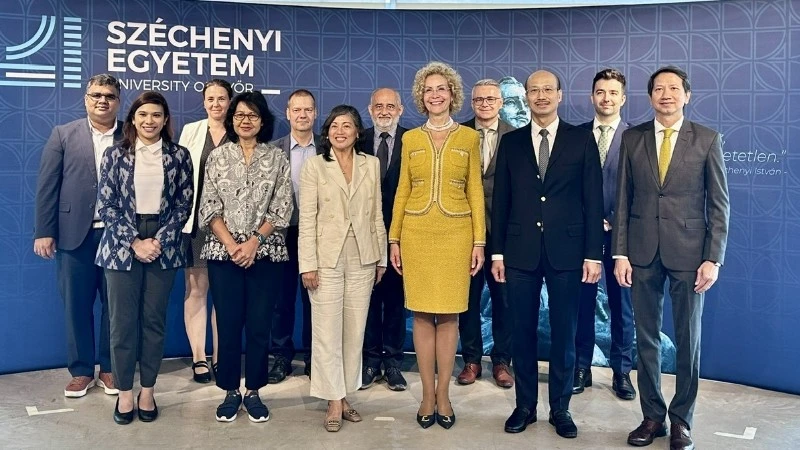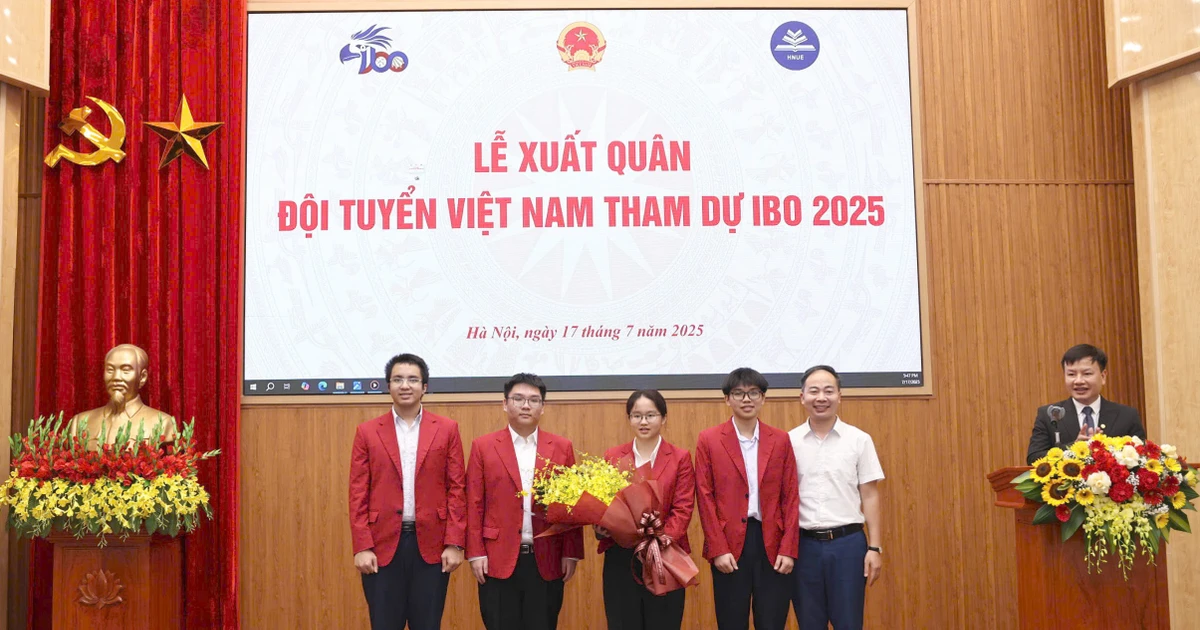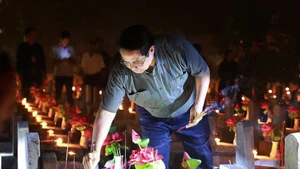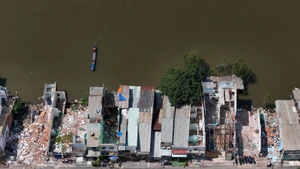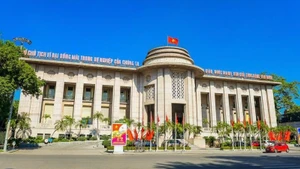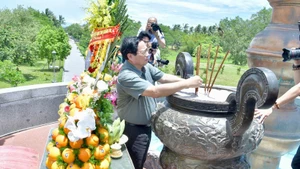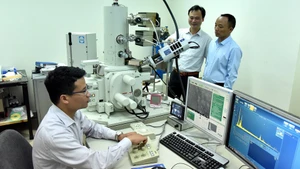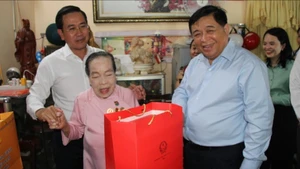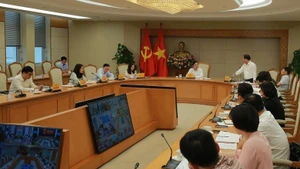Every year as Da Lat celebrates its acclaimed Flower Festival, the city dwellers remember Thomas Hooft, a simple Dutch man who used to ride through the streets on his old Vespa with a warm smile on his face while on his daily commute to take care of the display space of his company, Dalat Hasfarm. The opening nights of the six previous editions of the festival saw the tall figure of a man take to the stage. The sadness of his absence was felt at 2017’s event as the respected horticulturalist passed away in early 2015.
Born in 1948 in Zwolle, a north-eastern city in the Netherlands, Thomas began his career with a nursery in his hometown after studying horticulture at university. He joined Hasfarm Company in Indonesia in 1989 and following years of surveying tillable land across Asia, he recognised that Da Lat was the perfect location to develop a thriving flower industry.
In 1994, he moved to Da Lat and opened Dalat Hasfarm with an initial investment of US$700,000. One year later, his company started construction of a timber framed greenhouse to grow flowers – a novel approach to gardening for Da Lat which brought no end of surprise to locals at the time. Two decades after its establishment, Dalat Hasfarm has grown into one of the leading floricultural companies in Southeast Asia. From its humble beginnings as a farm covering a few hectares, the company now has three farms with a total area of more than 300 hectares, including 100 hectares of greenhouses.
Thomas married a Vietnamese woman and they lived together in Da Lat until he was diagnosed with a serious disease in 2014, and returned to his home country that December for treatment, planning to return to Vietnam for the Christmas and New Year holidays. However, his condition deteriorated and he passed away on January 23, 2015.
He wished to be buried at Thai Phien cemetery in Da Lat as an ordinary farmer of the city, and he is now fondly remembered as the forefather of high-tech agriculture in Da Lat.
*****
Vadim Kuznetsov, a former Russian lawyer, started his business in Da Lat a bit later than other foreigners. When he opened his salmon farm with the name ‘Thung Lung Nang’ (The Valley of Sun) in Da Sar commune, Lac Duong district in 2008, Thomas Hoof was already successfully established as one of the most prestigious floral businesses in the region.
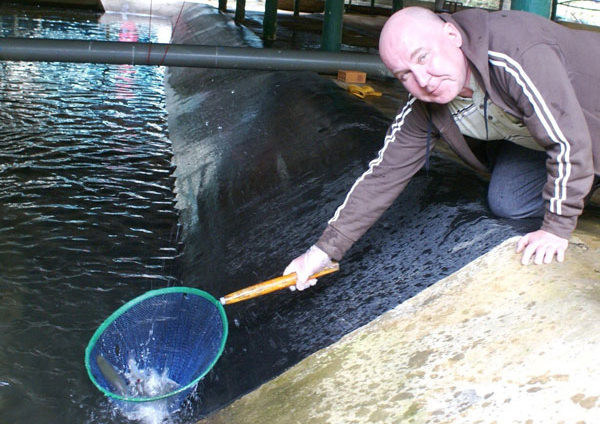
Vadim Kuznetsov working at his salmon farm
Vadim said that it was simple serendipity that he stepped into the salmon business in Da Lat. Everything started ten years ago, when, working as a lawyer, he came to Vietnam to represent a fish processing company in Khanh Hoa Province. While working here he befriended Le Thanh Luu, director of the Research Institute for Aquaculture No.1, who is credited for introducing cold water fish species to Vietnam.
Following a suggestion from Luu, Vadim then travelled to Lam Dong Province to research suitable locations for cold-water fish farming. It was later in 2008, when he had found a prime location, that he opened Thung Lung Nang fish farm near a spring in the deep dense forest of Da Sar commune.
He even tried his hand at designing and constructing fishing ponds, the water pipe system and water filter system, which must provide the perfect environment for salmon as the fish require abundant clean cold water to flourish.
In his hometown in the north of Russia, it took at least three years for breeders to rear salmon for harvest due to the extremely cold winters. Meanwhile, in Da Lat it takes breeders only one year as the weather is ideal for salmon breeding.
His Thung Lung Nang Farm now covers eight hectares of land and spans more than 2.3 kilometers of the spring’s waters, creating a breeding ground for around 30,000 salmon. The farm provides between 1.5-2 tons of salmon to the market.
*****
That Rolan Co Lieng, a K’Ho ethnic woman from little B’Neur C village at the foot of Lang Biang Mountain, “grabbed” herself an American husband is an oft-retold story among the villagers of the south Central Highlands. Their transnational marriage not only brought a pretty son for the couple but also led to the birth of their K’Ho Coffee brand.

Joshua Guikema and his K’Ho ethnic wife Rolan Co Lieng
Despite having the security of a stable job in the US after his graduation, Joshua Guikema had a passion for adventure and wanted to see the world. He visited Vietnam in 2009 and met Rolan at a night party. He was captivated by the wild and mysterious beauty of the Central Highland girl. They soon got married and Joshua moved to Rolan’s village, where he has taken up cultivating coffee plants, harvesting coffee beans, and enjoying the flavour of freshly roasted Arabica coffee.
After a while he decided to try establishing an own brand for the village’s coffee. As an agriculture engineer, he began by developing the techniques for environmentally friendly clean coffee cultivation to preserve the unique taste and aroma of ripe coffee at the peak of perfection.
The young couple named their family enterprise after K’Ho, the hometown of Rolan, so that their products carry the message that they are the fruit of K’Ho people. Made-in-Josh coffee is not as darkly black as other coffees but has more of a deep brown hue “like Rolan’s eyes,” Josh said.
*****
The three men mentioned above are among the many entrepreneurial foreign farmers to have found success in Da Lat city. They claim a strong attachment to the region and consider themselves as Vietnamese farmers who are dedicated to their work, and contribute to developing high-technology agriculture in Da Lat and delivering the city’s products to the world market.
